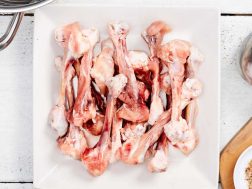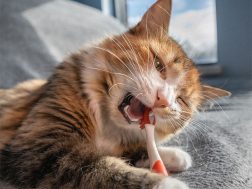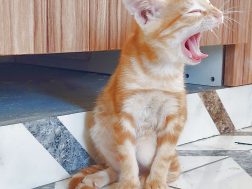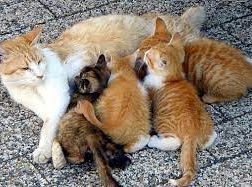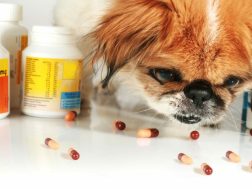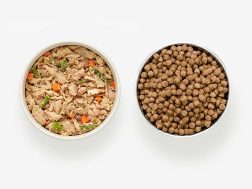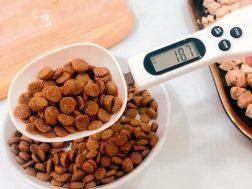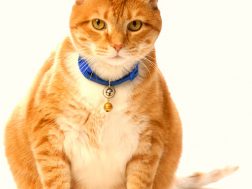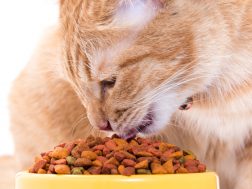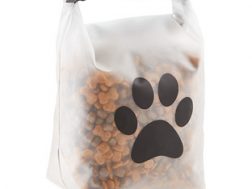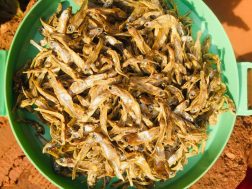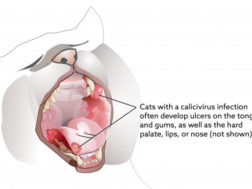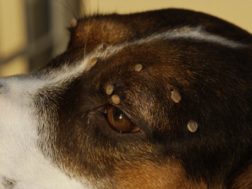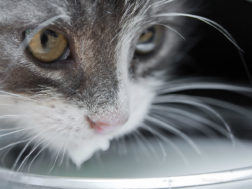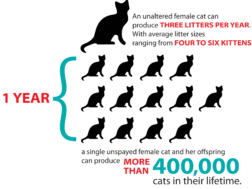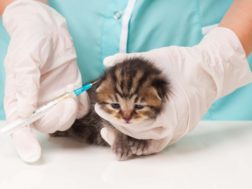Grazing or free feeding is a term, which refers to allowing your cat access to dry food all day, everyday – can severely impact the longevity of their lives. It increases the risk of many health issues such as urinary tract issues, obesity, diabetes, kidney disease, and physiological issues.
Many cat owners leave their cat’s bowl full of food so that their pet can nibble whenever they please. However, their digestive systems are not built to withstand grazing, which is the type of behaviour typical of herbivores like cows and sheep. Cats are carnivores, so their daily routine in the wild consists of a rotation of three main activities: hunting, eating, and sleeping. The digestive system of a cat is built to eat 2-3 small meals a day.
-
-
Chronic Dehydration
Cats have such a low thirst drive, much lower than that of a human or dog, seeking out a water source in order to drink is actually not a natural behaviour for cats. As a result of rarely needing to drink water, cats body signals that communicate the urge to drink to their brain are so delayed that they are already at the point of dehydration when they finally feel the need to drink.
Not only does dry kibble lack the moisture that cats greatly need everyday to stay hydrated, but every time they graze feed, they are using up essential moisture from their system just to be able to digest the food, therefore keeping them in a cycle of systematic dehydration.
Dehydration is dangerous because it slows down every function in the body, and when that is allowed to occur on a daily basis for years it will have major health consequences such as kidney disease or even kidney failure. Chronic dehydration is one of the leading causes of kidney disease in cats.
-
Obesity and Diabetes
-
Most dry pet foods contain large amounts of highly processed carbohydrates in the form of refined starches that have been stripped of almost all of their nutrients and fiber during processing. They contain empty calories and provide zero nutritional benefit to pets.
For pets and humans alike, as soon as this type of starch hits the digestive system and becomes moist, it’s quickly converted into sugar which promotes spikes in blood sugar.
For cats who are constantly free feeding on kibble, their blood sugar levels are spiking and crashing all day, triggering pancreatic stress that will eventually lead to obesity and diabetes.
-
Increases Stress
A high starch diet can cause fluctuations in your cat’s mood and energy levels. The constant spikes and crashes in their blood sugar levels, a result of eating starchy foods all day, will disrupt their sleeping and brain patterns. For instance when blood sugar or insulin crashes, this produces increased levels of a stress hormone called cortisol. As a result your cat can become unusually irritable and stressed. You should look for these sudden mood or behavioral changes in your cat as this is an indication of nutritional issues that need to be addressed.
Stress wreaks havoc on cats who are extremely sensitive to stress because it can cause many issues ranging from constipation to affecting their immune system.
You May also Like this
Healthy Teeth without Brushing Providing your cat with meaty bones, such as...
Is rabies vaccine necessary for indoor cats? Should you vaccinate an indoor...
Feline Calicivirus Infection in Cats Feline calicivirus is a highly contagious virus...
Ticks are small blood-sucking parasites that can transmit very serious diseases. They...
Intestinal tapeworms and roundworms are very common in kittens and adult cats...
The importance of vaccinations to the overall health and longevity of your...



